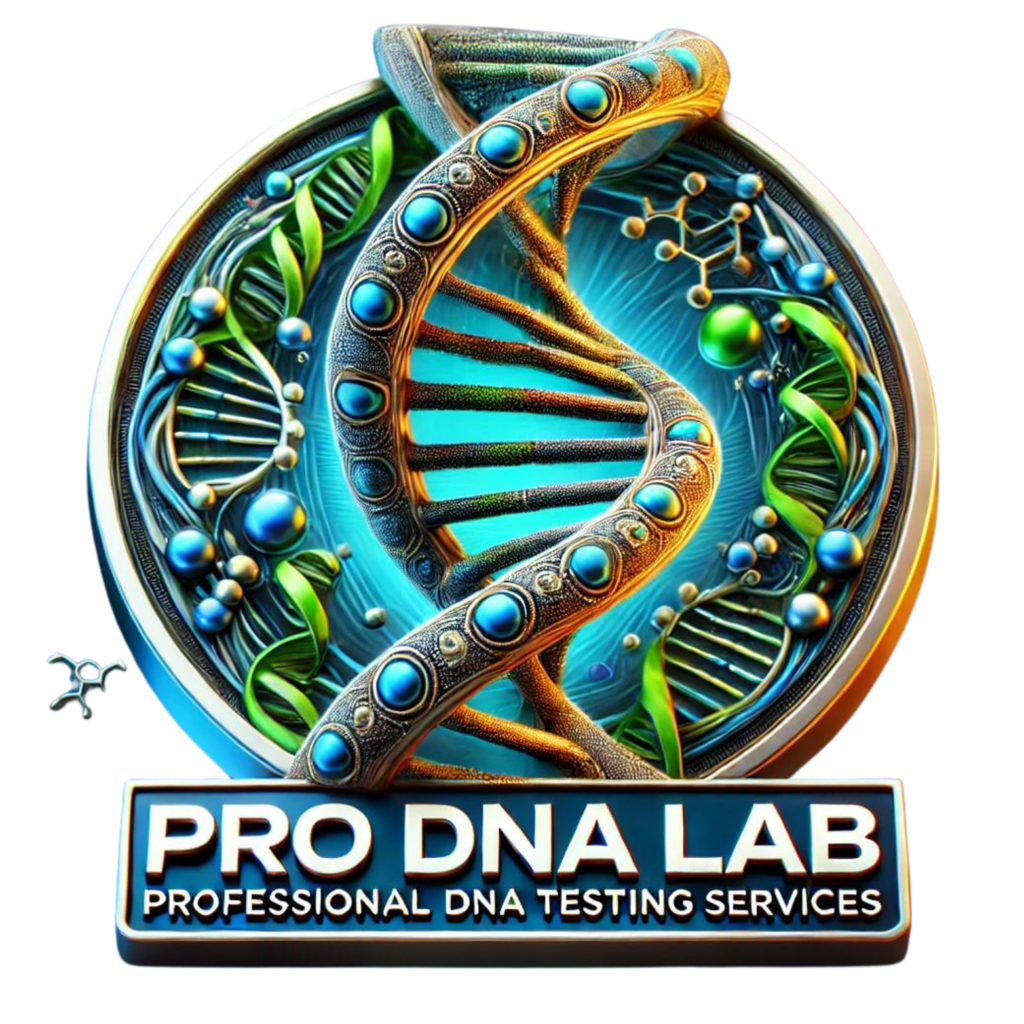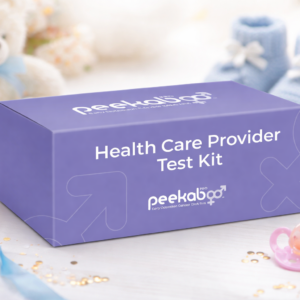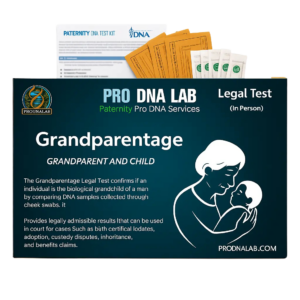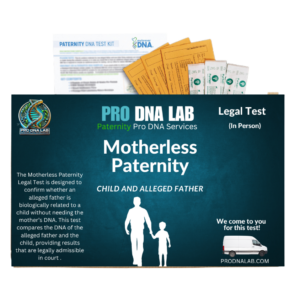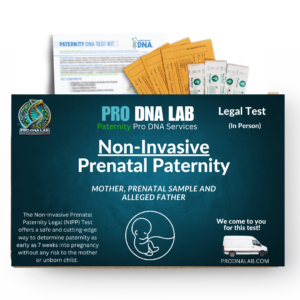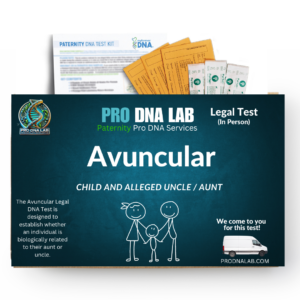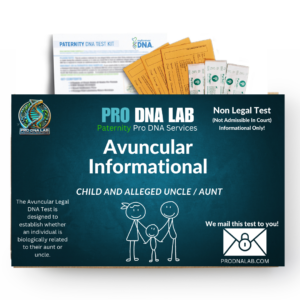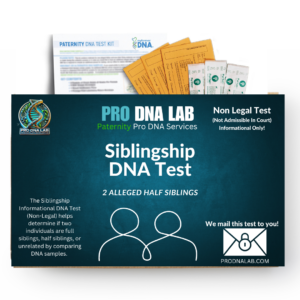Maternity DNA testing is a reliable method to establish the biological relationship between a mother and child. While paternity testing is more commonly discussed, there are several situations where confirming maternity is equally important. This type of DNA test is often used in cases of adoption, immigration, or to resolve questions about a child’s origin, especially in situations involving surrogacy or IVF.
What is Maternity DNA Testing?
Maternity DNA testing involves comparing the DNA of a child with that of the alleged mother. Since a child inherits half of their DNA from each biological parent, this test is highly accurate in confirming whether a woman is the biological mother of the child. The test typically involves collecting a simple cheek swab from both the child and the mother, although other sample types can be used if necessary.
Why Might You Need a Maternity Test?
- Adoption Cases: To confirm the biological relationship between a mother and a child, particularly when reuniting families or resolving adoption disputes.
- Immigration: Many countries require proof of a biological relationship for immigration purposes, where maternity DNA tests can play a crucial role.
- Surrogacy and IVF: To confirm that the intended mother is the biological mother of the child, particularly in cases involving egg donors or surrogates.
- Legal Disputes: Maternity tests are sometimes needed in legal situations where a child’s biological origins are in question, such as custody battles or inheritance cases.
How the Test Works
Maternity DNA testing is straightforward and non-invasive. A DNA sample is collected from both the mother and the child, usually through a cheek swab. The samples are then analyzed in a laboratory to compare their genetic profiles. The test results typically take a few days and are highly accurate, with results being over 99.9% conclusive.
Benefits of Maternity DNA Testing
- Accuracy: Provides conclusive results with over 99.9% accuracy.
- Legal Validity: Court-admissible results for use in legal cases.
- Peace of Mind: Offers assurance in situations where maternity is in question.
- Non-Invasive: Simple cheek swab collection, making the process easy and painless.
Whether for personal knowledge or legal reasons, maternity DNA testing offers a reliable way to confirm the biological relationship between a mother and her child.

